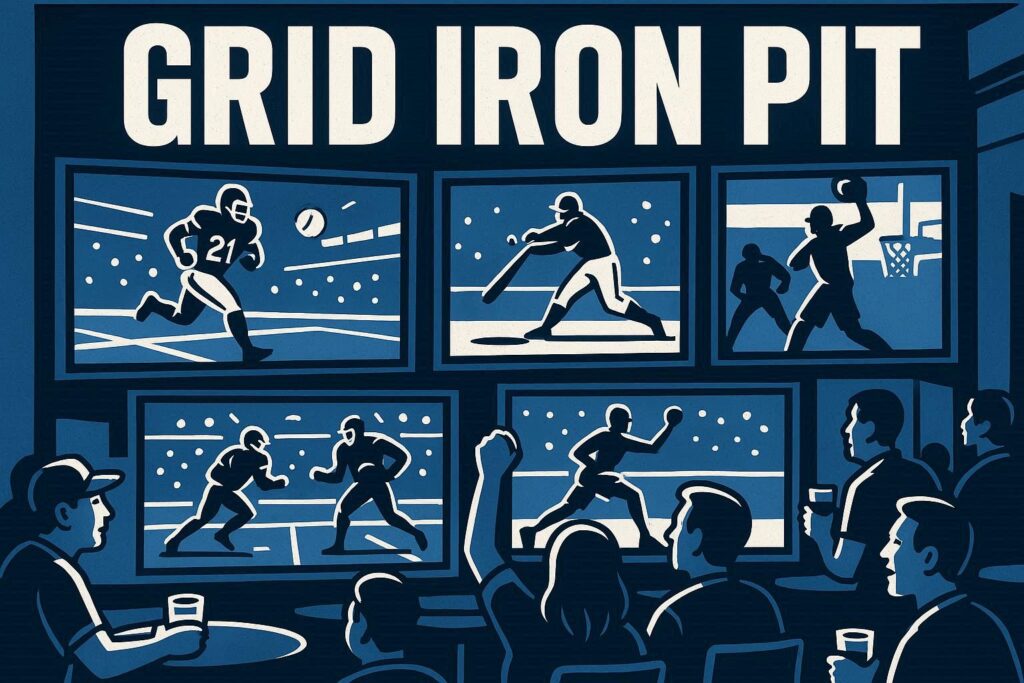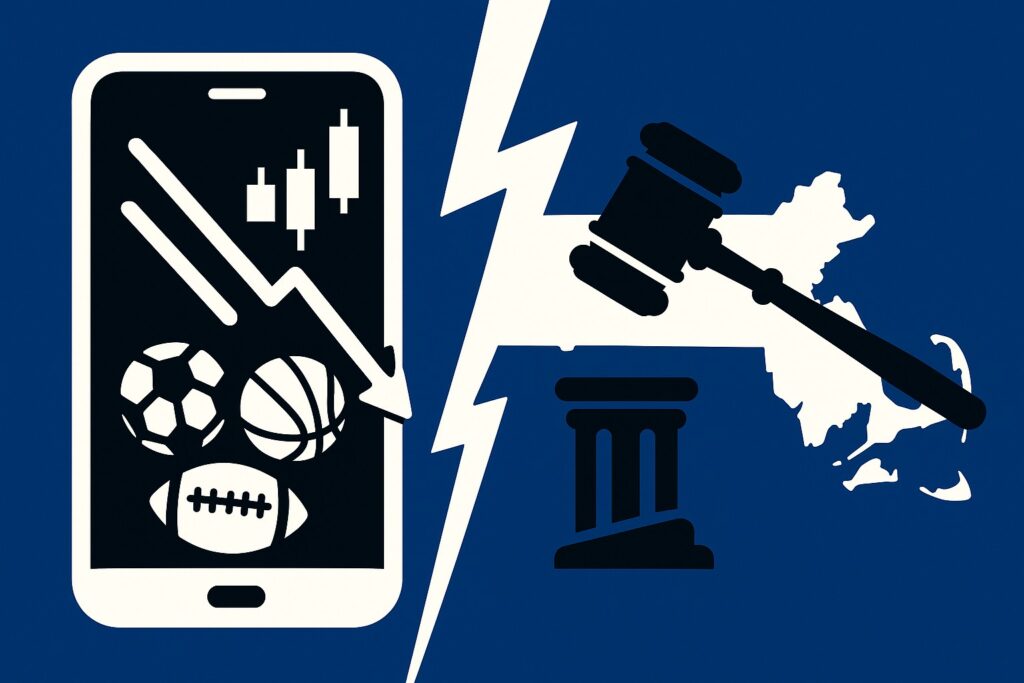Ohio lawmakers poked at House Bill 298 last week during a hearing of the Finance Committee. HB 298 would legalize online casinos in Ohio and, at the same time, outlaw online sweepstakes casinos.
If HB 298 were to pass the State House and Senate and receive the thumbs up from Gov. Mike DeWine, Ohio would become the latest state to legalize iGaming. Online casinos are active in only seven states, including neighboring Michigan, Pennsylvania, and West Virginia.
The June 3 hearing of the Ohio House Finance Committee included several witnesses who provided testimony on HB 298.
What opponents, proponents argued
“It’s definitely much more harmful than the usual other kinds of traditional gambling that people indulge in,” Mark Stewart of the National Association Against iGaming (NAAiG) said in a written testimony. “It’s continuous, it’s intense, and it can be financially — and also physically and mentally ‚ extremely harmful. Online gambling can be 10 times more harmful than other forms of gambling.”
Stewart pointed out that legalizing online casinos does not necessarily eliminate illegal iGaming.
“The push for iGaming is based on two faulty premises. First, proponents claim that iGaming will stop illegal online gambling in states. However, studies and common sense debunk this myth. Legalizing iGaming does nothing to shrink the illegal market, as highly regulated and taxed operators cannot compete with illegal operators free from such burdens. In fact, a 2024 study by Penn State University showed that 20% of Pennsylvanians who engage in licensed online gaming also gamble in the illegal market.”
Jason Tosches, the Senior Director of Government Affairs for Hard Rock Digital, claimed in his testimony that concerns that online gaming would cannibalize retail casino revenue are unfounded.
“In New Jersey, where we and Hard Rock International operate iCasino and Hard Rock Hotel & Casino Atlantic City, a very large percentage of our digital customers had no rated play at our property prior to account creation. For the most part, it is a different customer,” Tosches wrote.
A representative of the Americans for Prosperity (Ohio chapter), shared concerns that tax revenue from legal iGaming would be used to expand state budget spending. Instead, that group advocated for an increase in tax revenue from gaming in Ohio to lead to a flat income tax and lower small business tax.
Derek Longmeier of the Problem Gambling Network of Ohio stated that his organization wishes to “urge the legislature to take time and gather more data before adding expanded gambling into the budget.”
HB 298 is not a shoe-in if legislature passes it
Ohio is seeking to add more tax revenue from gaming. The state already has online and retail sportsbooks, as well as a state lottery. HB 298 would not only permit online casino apps, but also allow for an online lottery platform. Experts project that as much as $500 million in tax revenue could be collected annually once an Ohio iGaming market matures.
The Ohio Senate also has an iGaming bill to consider: Senate Bill 197, which was introduced in that chamber by Sen. Nathan Manning in May. If either bill is to become law, it must navigate the procedures of the state legislature, including readings, committee hearings, possible amendments, and a vote in the House and Senate. The Ohio legislative session typically takes a recess in late June or early July for the summer.
It’s not certain that Gov. DeWine would sign a bill that legalizes online casinos.
“This is just not an incremental increase in gaming. This literally puts [a casino] in anybody’s hands — a 19-year-old, an 18-year-old, a 16-year-old. It puts in their hands the ability to game constantly, all day, any day, 2:00 am in the morning. It’s right there,” DeWine told Cleveland.com in late May.
HB 298 is co-sponsored by by Rep. Marilyn John and Rep. Brian Stewart. Both are Republicans.




